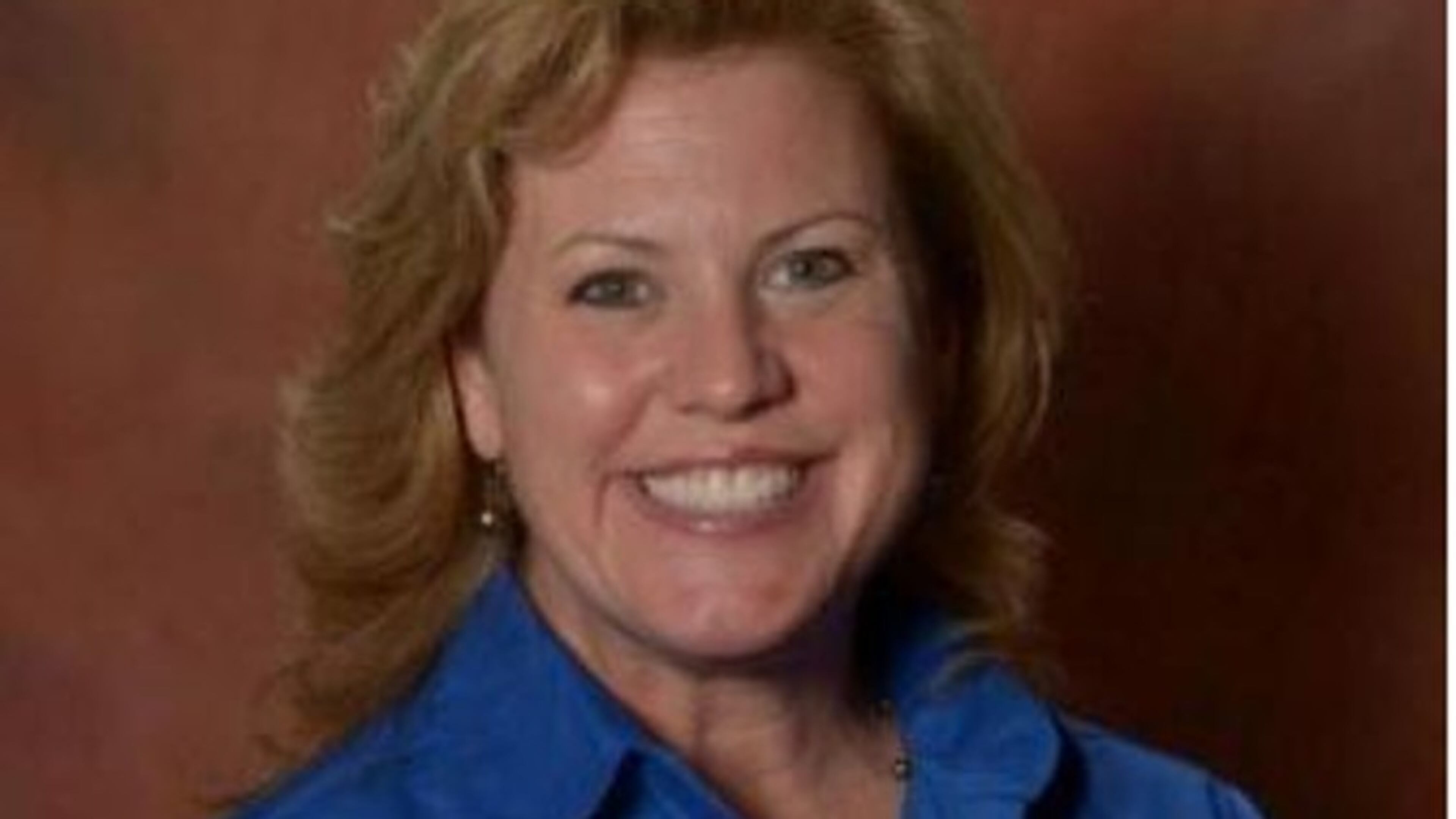Georgia PTA, torn by infighting, could be dissolved

Questions about the leadership of the Georgia PTA have triggered a crisis, with dissolution of the organization possible soon after the start of school in the fall.
“National PTA is deeply concerned about fractured relationships that are driving units and individuals away from Georgia PTA,” national president Laura Bay wrote state president Tyler Barr Wednesday, citing “ongoing concerns about damage being done to the PTA brand.”
Bay’s letter notifies the state organization that it will be on probation “until all requirements have been met” or Sept. 29. Failure to address concerns about transparency, financial oversight and following bylaws by then could result in revocation of the state charter, the letter says. While on probation, the Georgia PTA can’t send delegates to national events or receive national grants or benefits.
Reached by telephone, Bay offered no elaboration. “We’re working with Georgia PTA and Georgia PTA members to ensure that membership and the board is fully supported,” she said. She referred questions to media relations staff who responded that the national organization doesn’t share information with the public about “internal PTA matters.”
Those internal matters are tearing apart a state organization with a quarter million members who volunteer in and advocate for their schools. The PTA was a potent force last year in the political fight against a constitutional amendment to authorize the Georgia governor to take over “chronically failing” schools.
That PTA fight was led by Lisa-Marie Haygood, the state president whose ouster by the state board of directors, as chronicled by The Atlanta Journal-Constitution in February, was a catalyzing moment for many, triggering supporters to quit the state board, which they said was riven by factionalism.
Barr, who succeeded Haygood, said he intends to address the national organization’s concerns though he complained it keeps adding new ones. Loss of the organization’s charter is a possibility but, he said, “we won’t let that happen.” He said the national organization’s intervention is driven by local complaints that he and the rest of the remaining board have been responding to. They’ve found it difficult to keep up, he said. “Every time there’s a letter there’s a new item. How can we ever get past this stage and be compliant?”
Barr said the national PTA is concerned about how things appear to the public. Bay’s letter notes a “noncompliance” letter was sent on Feb. 17, a week after the AJC’s article. “In fact, they even said ‘you guys were in the AJC: that’s damaging to our brand,’ ” Barr said.
Among those filing complaints is Vickie Riccardo, co-president of the North Fulton Council of PTAs, an umbrella group representing school PTA units. She believes the state PTA violated its due process requirements in the way it removed board members, including Haygood and the leader of PTA District 10, which includes Riccardo’s area.
Riccardo and the rest of the District 10 board rebelled, voting to keep their district leader despite her removal by the state board, Riccardo said. She said she and the rest of the local board believe the removal was improper, without proper notice, and that the state board has not produced records showing otherwise.
The only redress, Riccardo said, is, “They need to remove the entire board and start over.”
If the deadlock is unresolved, it could mean the loss of an organizational structure for parents that fosters school success, said Julia Bernath. The Fulton County school board member traces her current leadership role to the reading room at Woodland Elementary School in Sandy Springs, where she spent time as a PTA volunteer, stitching and gluing together books for the students to illustrate. Parent-teacher groups teach parents how to organize and advocate, and they provide a vehicle to get and stay involved in their school and their children’s education, she said.
“PTAs are a vital partner with our school system. Schools that have strong PTAs, or PTOs for that matter, are stronger,” Bernath said. “Any time that there’s such a controversy, there’s a cause for concern.”



